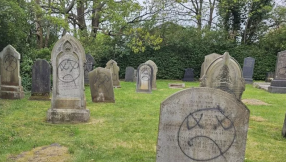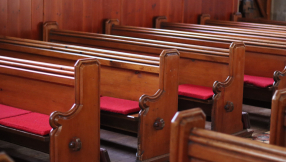Cuba Appoints First Woman Bishop
The Reverend Nerva Cot, 69, is now the 18th female bishop in the world.
Senior Church leaders from within Cuba, as well as the bishops of Panama, Haiti and Miami surrounded Ms Cot on Sunday as she was consecrated in Havana.
Communist Cuba was officially atheist until it changed its constitution in 1992.
Ms Cot said she will bring a feminine touch to leadership of her church's small but growing congregation in communist Cuba.
Priests from Afro-Cuban religions and hundreds of Cuban worshippers joined the congregation. The Cuban church is part of the Worldwide Anglican Communion.
Cuba's ruling Communist Party was represented by the head of its Religious Affairs Office, Caridad Diego.
She told the BBC that her government was proud that this country now had a woman bishop and she believed Communists and religious leaders shared many ideals and should work together for the good of humanity.
Ms Cot joined a seminary in the town of Matanzas at the age of 18 thinking she would become a missionary. She says that although the process that led to her appointment goes back at least 25 years, she was still surprised when she realised she was going to become a bishop.













